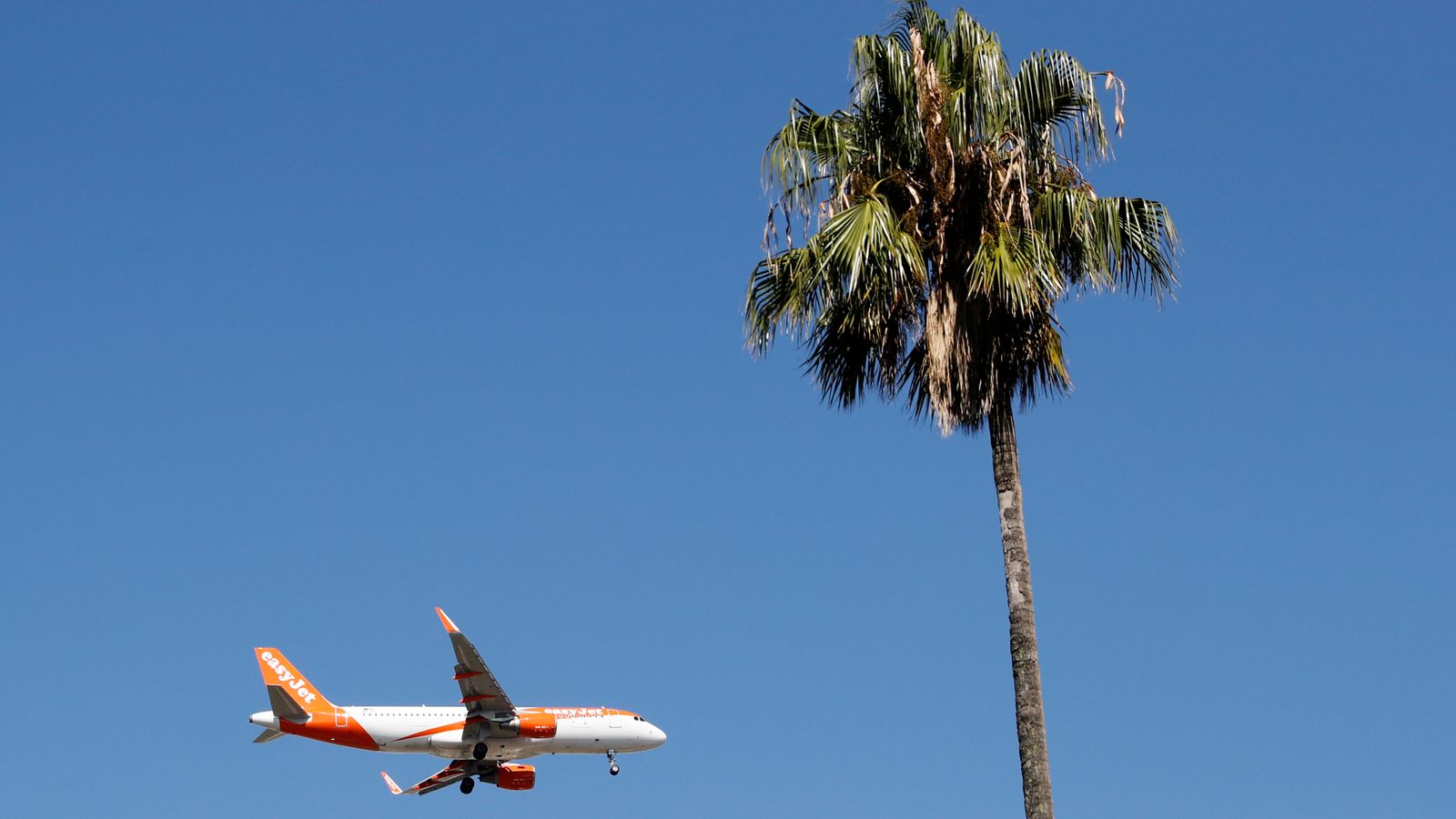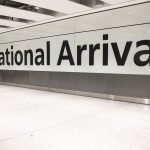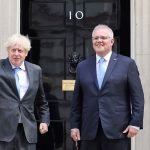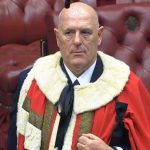The decision about which countries have moved up and down the UK’s traffic light travel ranking system was always going to be an important one.
Few expected it to make such a statement.
We know the rankings will be reviewed every three weeks – but Thursday’s announcement gave one of the strongest indications yet as to the government’s appetite for risk when it comes to foreign travel this summer.
It turns out there isn’t much appetite at all and it left the travel industry furious.
Would-be holidaymakers and those working in aviation and tourism had hoped that there would be cautious but significant movement on the rankings in this first review, and that, perhaps, this trend would continue through the summer ensuring a steady, concerted reopening of the tourism industry.
Destinations such as the Balearics, Malta, some countries in the Caribbean and the Greek and Spanish islands with their low populations and case numbers seemed like good candidates for upgrading.
Meanwhile Portugal’s COVID-19 cases, while rising, are very similar to the UK’s and local businesses there had been delighted to be welcoming tourists again.
Add to that the fact that the UK’s vaccination programme continues apace, with half the population having received both doses.
Taking that all into account, such a conservative approach to the travel list sends a message that’s abundantly clear: foreign travel is going to be treated with extreme caution this summer. Enabling it is not the priority.
To some, that caution may be understandable.
The government has been burnt by its failure to close the border to India sooner. Critics maintain the delay allowed the new Indian variant to take hold. It is now well on its way to becoming the dominant variant in the UK and it continues to spread.
Most importantly, perhaps, there is also the health of the national economy to consider.
Many thousands of businesses across the UK are still closed, including nightclubs and much of the events industry.
Some 3.4 million British workers were still on furlough as of 30 April, while GDP in March was still 6% lower than before the pandemic hit.
Despite tentative signs the economy is recovering, these are still huge numbers and full reopening really matters.
On Wednesday, the prime minister sounded an optimistic note about the final stages of the reopening roadmap, saying he saw “no reason” to delay the end to rules on 21 June.
He knows businesses and workers are still suffering. He also knows any vaccine-resistant new variant would be disastrous, as would the need for a fourth lockdown.
For now, mass foreign holidays are the price of ensuring these are kept at bay.
But for some that price is higher and heavier.
While it spells disappointment for those who may have been planning a holiday and extreme stress for those currently in Portugal who may now need to rush home, for the beleaguered aviation and travel industry it’s nothing short of devastating.
This time, they say, it is made all the worse by it being unexpected and confusing.
Many smaller businesses had said a good season this year would be the difference between surviving and not.
Even for an industry accustomed to disappointment, the statements from some of the major aviation players were unusually strongly-worded, expressing incredulity and fury, some even accusing the government of ignoring the science.
EasyJet’s chief executive Johan Lundgren, accused the government of tearing up its own rule book and “throwing people’s plans into chaos”.
Heathrow’s boss John Holland-Kaye said the decision all but guarantees “another lost summer for the travel sector”, while Tui’s UK managing director Andrew Flintham reiterated the view that the government has broken its promise that “the Global Travel Taskforce would result in a clear framework, removing the damaging flip-flopping”.
The uncertainty such a sudden decision spells for the rest of the summer is clearly as much of a problem as the immediate rankings.
This is an industry that has lost tens of thousands of jobs in the last 18 months and still has many workers on furlough, they desperately need customers to have confidence that they can make bookings.
And of course behind every large travel business, there are smaller ones in the pipeline.
Lee Hunt, who owns Deben Travel, a small travel agency in Suffolk, said: “This is about more than just holidays.
“It’s an entire industry that’s on its knees and the people such as myself and my team who these decisions affect.
“We have now received no income since March 2020.”
Transport Secretary Grant Shapps said repeatedly this was a “safety first approach”.
It certainly is, but it’s also an approach that speaks volumes about the government’s priorities.
With no suggestion there will be any additional support for the travel sector, many feel left behind.






















